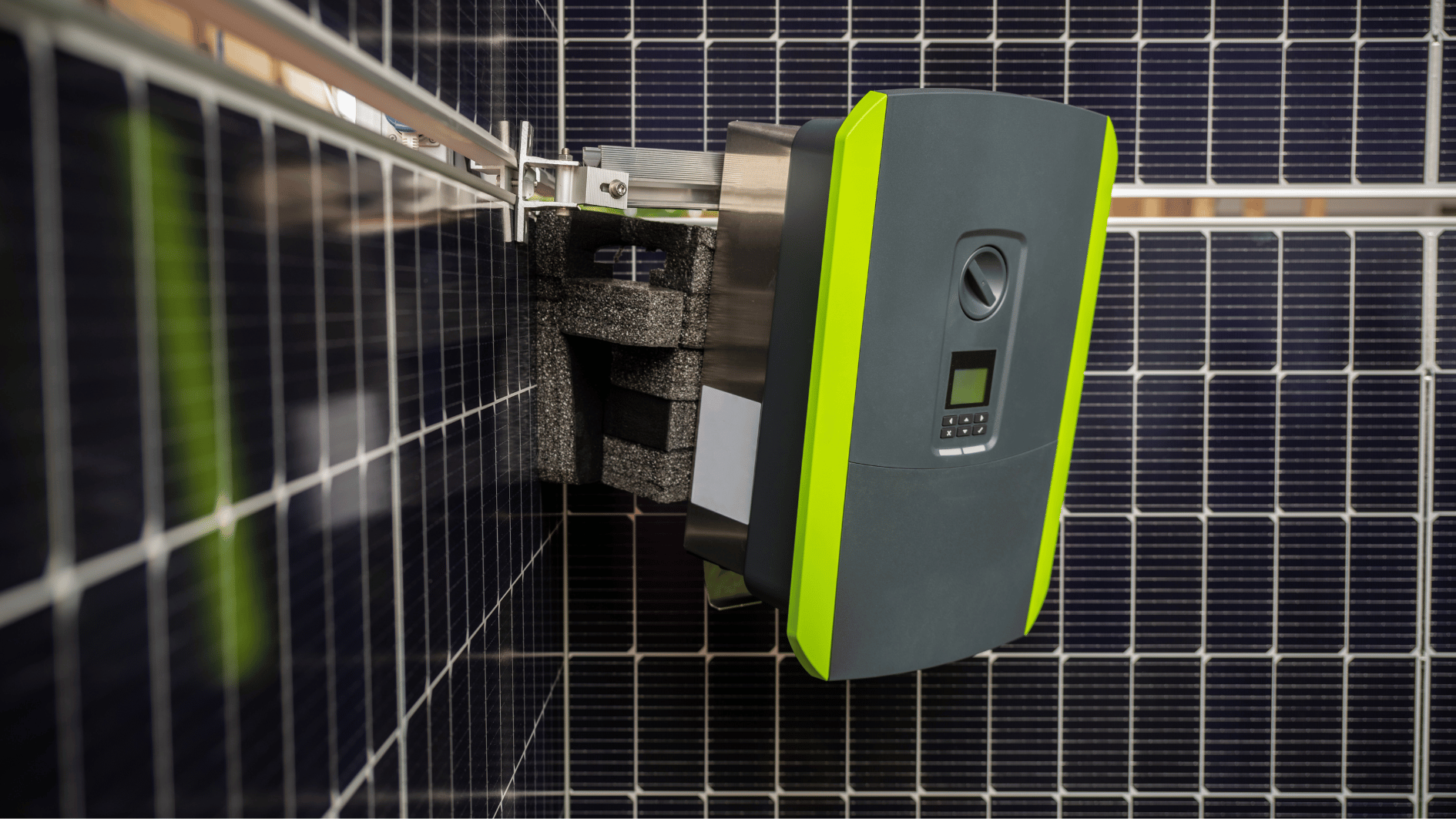Tags: Energy autonomy
Is Going Solar Worth It in Minnesota?
Proper system design, including optimizing panel angle and placement, is crucial to maximizing energy production in Minnesota’s variable climate.
Is Going Solar Worth It in Connecticut?
With the right planning and resources, going solar in Connecticut can provide substantial long-term benefits.
Solar Energy Storage: How Does It Work?
The advantages of storing solar energy are clear: from financial savings and energy independence to environmental benefits and grid stability, energy storage is a key component of a modern, resilient,…
Is Going Solar Worth It in Maryland?
With its supportive solar programs and relatively high electricity rates, Maryland offers an environment where installing solar panels can yield substantial long-term savings and environmental benefits.
Inverter Efficiency Explained: How to Maximize Solar Energy Output
Inverter efficiency is central to achieving high output from your solar energy system.
Is Going Solar Worth It in Montana?
Solar energy not only helps reduce your reliance on traditional energy sources but also provides long-term financial savings and energy independence.
Is Going Solar Worth It in Nevada?
With over 300 days of sunshine a year, falling solar costs, and strong state-level support for renewable energy, Nevada is a prime candidate for solar power adoption.
Is Going Solar Worth It in Nebraska?
Lower electricity rates can extend the payback period for solar, but they don’t negate the long-term financial benefits, especially if rates rise in the future.
Is Going Solar Worth It in Louisiana?
Louisiana receives an average of 5 hours of peak sunlight per day, making it a good candidate for solar energy production.
Is Going Solar Worth It in New Jersey?
The combination of high electricity rates, strong state and federal incentives, and a supportive policy environment make solar an attractive option.
Need help choosing a solution for you?
Just create an application, and we’ll help with the selection.











